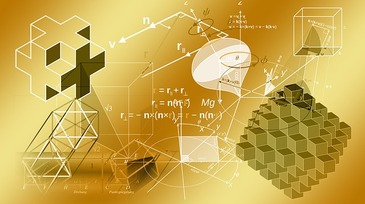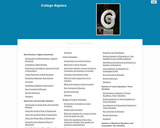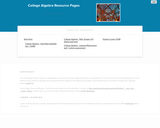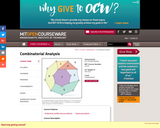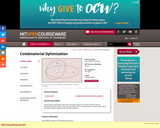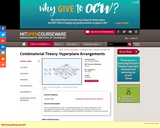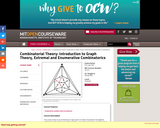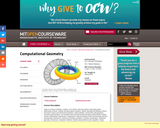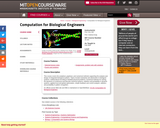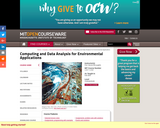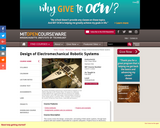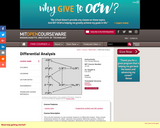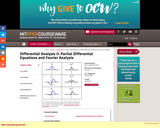
This is a custom collection (by R. Bloom) of homework and review problems to accompany Collaborative Statistics textbook custom collection by R. Bloom. Content is derived from Collaborative Statistics written by Barbara Illowsky and Susan Dean, faculty members at De Anza College in Cupertino, California. The textbook by S. Dean and B. Illowsky was developed over several years and has been used in regular and honors-level classroom settings and in distance learning classes. This textbook is intended for introductory statistics courses being taken by students at two– and four–year colleges who are majoring in fields other than math or engineering. Intermediate algebra is the only prerequisite. The book focuses on applications of statistical knowledge rather than the theory behind it. This custom version of their collection has been modified by R. Bloom for her classes at De Anza College.
- Subject:
- Mathematics
- Statistics and Probability
- Material Type:
- Full Course
- Homework/Assignment
- Provider:
- Rice University
- Provider Set:
- Connexions
- Author:
- Roberta Bloom
- Date Added:
- 10/13/2017
